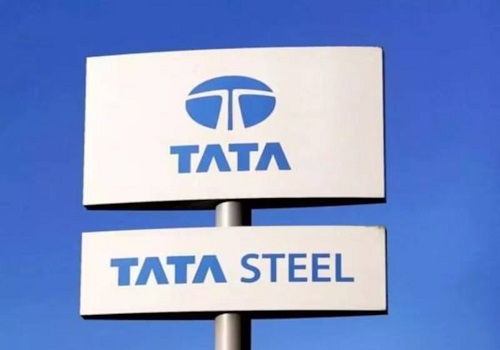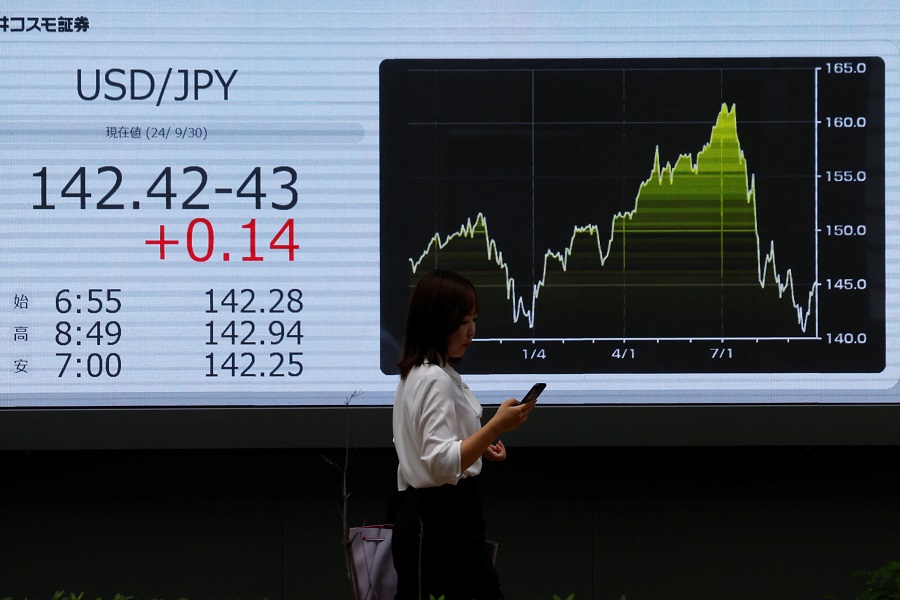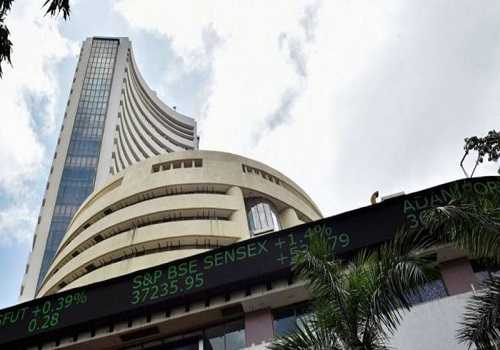Rotation of heavyweight sectors help maintain market balance
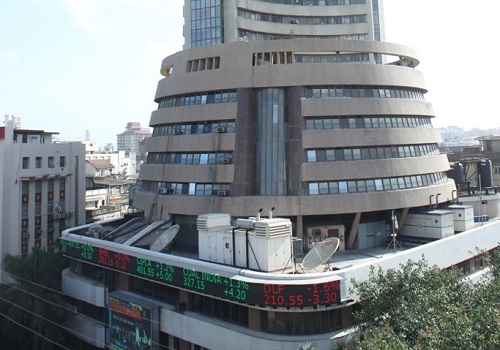
Markets have many sectors and they move in a pack with the constituents moving up or down differently at different times.
FMCG, Capital Goods, Banking or the BFSI space, Pharmaceuticals, IT and tech space, Automobiles which include two-wheelers, passenger cars, HCVs and also auto ancillaries, and petrochemicals and refineries are some of the names of these sectors.
Within the sector, there are the leaders and the laggards which would be different from time to time. The leaders would typically be the stocks which have the higher weightage and dominate the same as far as the sector is concerned. Conversely in a downturn the heavyweights lead the sector down as well. Hence their movement decides the positivity or the negativity of the sector.
There is sector rotation which keeps on happening normally at markets and that helps markets in remaining neutral to steady. Say Auto and IT go up while refinery and chemicals along with FMCG are down. This neutralises the market movement and keeps it more or less steady.
When markets have to go up, all the heavyweight stocks, which are typically five or six stocks, move in an upward direction. Because of their weight, they take the markets up, their respective sectors go up as well and give a feel-good atmosphere all around. The converse happens when the markets have to fall. The heavyweights fall and markets have a downward tendency or feeling.
There is that one final assault on the way upwards when the really heavy five or six stocks don't just move up, they gallop. This causes the burst and gives the indication that a top is round the corner. In the second signal of the top happening, some of these stocks from the basket go up and some remain flat or negative.
This ensures a status quo to the markets but individual stocks are moving all over the place. In the final move, all the heavyweight stocks correct themselves. This is a typical market move that one witnesses over time and this repeats itself each time tops and bottoms are made.
In the present up move, the new high has been made, but many of the heavyweights are yet to participate. They are far away from the tops made during December 22.
Just for example the IT stocks led by TCS and Infosys, HDFC twins because of the impending merger where the record date of July 12 has been announced and Reliance Industries are all yet to move.
On the positive side, auto major Tata Motors is firing on all cylinders as is ITC and Hind Unilever just about chipping in. Imagine when the laggard's chip in, all together, how explosive the move could be?
The broader markets have many more stocks that are computed in the Midcap and Smallcap indices and there the movement is much sharper and happens in both directions.
Further, barring the really bigger stocks, the majority of these stocks are the ones where retail participation is substantially higher. When this segment moves in either direction, there is a reaction on the faces of retail investors.
Sector rotation is something which has been happening since time immemorial and is a well-known phenomenon in the market place. Picking the trend and deciding what is really moving and what is not is the key.
Currently, IT is out of favour and pharmaceuticals which have been down in the dumps are being looked at as buy on valuation. Similarly on the positive side, auto is doing well as is the banking and BFSI space. We have all seen the huge rally in the PSU banks which have all been a case of a turnaround and have reported excellent results across the board.
Within the BFSI space, microfinance and small finance banks are also doing very well. The key is finding the right stocks in a sector which is in action. The difference between performers and under-performers is simply huge.
In conclusion, sectoral rotation is a tool used by both the bulls and the bears to take markets up or beat them down. As in a war you need fresh legs to carry on, here also you need fresh stocks in a sector and then different sectors to keep the momentum going.


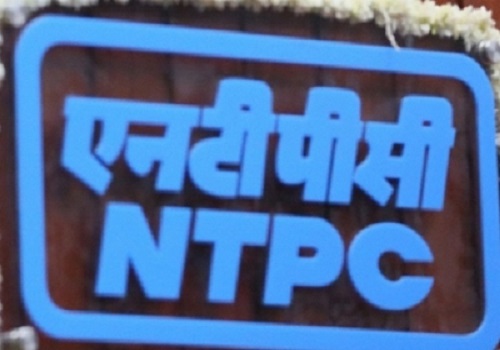




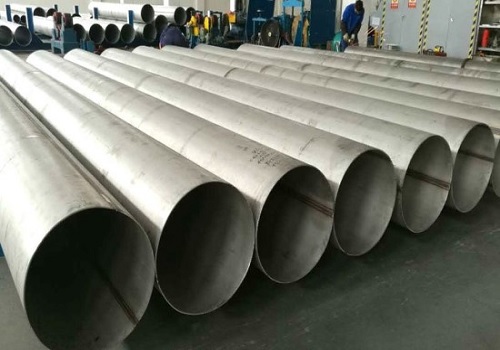

Tag News
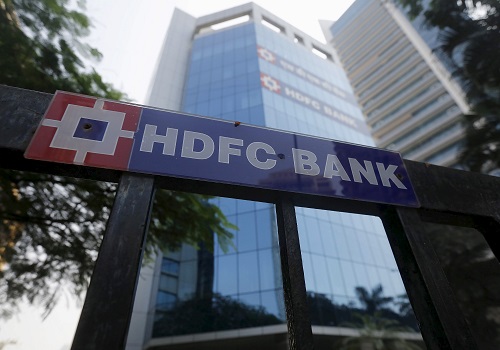
Credit offtake grows as HDFC merger boosts retail; NBFCs reduce MoM By Care Edge Rating






